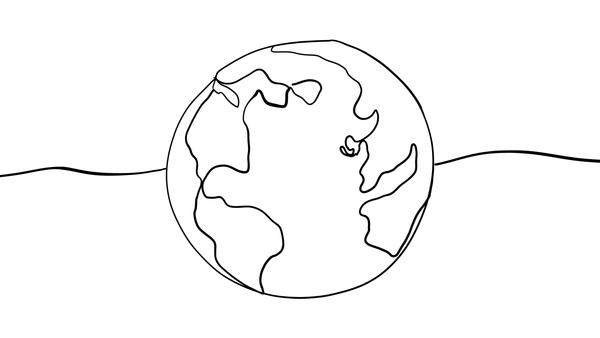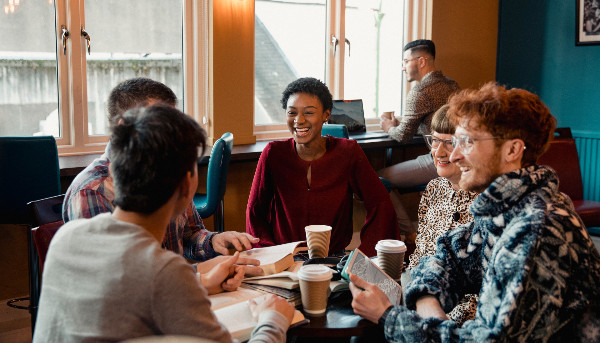Mentorship has been seen as a way to advance in your career and to get advice from (usually) older and more wizened guides in your field. Does that concept still hold true in today's world in which career paths are less certain, long tenures in one company or field are less common, and traditional hierarchies are breaking down? How should we mentor and "mentee" differently? How do issues of privilege affect mentorship? And as creative innovators how can we leverage the power of mentorship today to advance our missions and careers?
Join this Salon to discuss questions such as:
- What are the different types of mentorship relationships and how have you engaged in them? (Eg. Mentorship, sponsorship, mastermind, wingperson?)
- How do issues of privilege affect mentorship?
- How do you get the most out of a mentorship relationship? As a mentee? As a mentor?
- As we move towards an increasingly gig economy, what does that mean for mentorship's efficacy?
- Have digital technologies changed the way mentorship works?
Some pre-reading resources to check out ahead of the conversation include:
- Reinventing You: Define Your Brand, Imagine Your Future by Dorie Clark
- Lean In: Women, Work, and the Will to Lead by Sheryl Sandberg | Chapter 5: Are You My Mentor?
- The Best Way to Get a Mentor? Stop Asking for One in Fast Company
- The Renaissance Soul by Margaret Lobenstine | Chapter 7: But I Don't Want to Go Back to School
- The Politics of Promotion: How High-Achieving Women Get Ahead and Stay Ahead by Bonnie Marcus | Chapter 4-5: Strategic Networking & Sponsorship
Mia Scharphie will be moderating the conversation. Mia is a creative agent of change, a do-er, and big-picture thinker. She founded Build Yourself to help women in creative fields move past the obstacles that hold them back in their careers and to make those workplaces better places for women’s talent. She is a trained facilitator and has worked on women’s advocacy for over fifteen years. She’s run a research effort on women in social impact design for the Harvard Business School, is a founding member of the Equity Roundtable at the Boston of Architects, and was named as one of Impact Design Hub’s Social Impact Design 40 under 40. She has spoken extensively across the country including at the Association of Community Designers, and A Better World by Design, as well as the University of Pennsylvania and UT Austin. Mia received degrees from the Harvard Graduate School of Design and Brown University. Her writings on issues of equity in design have been published in the Christian Science Monitor and GOOD.


